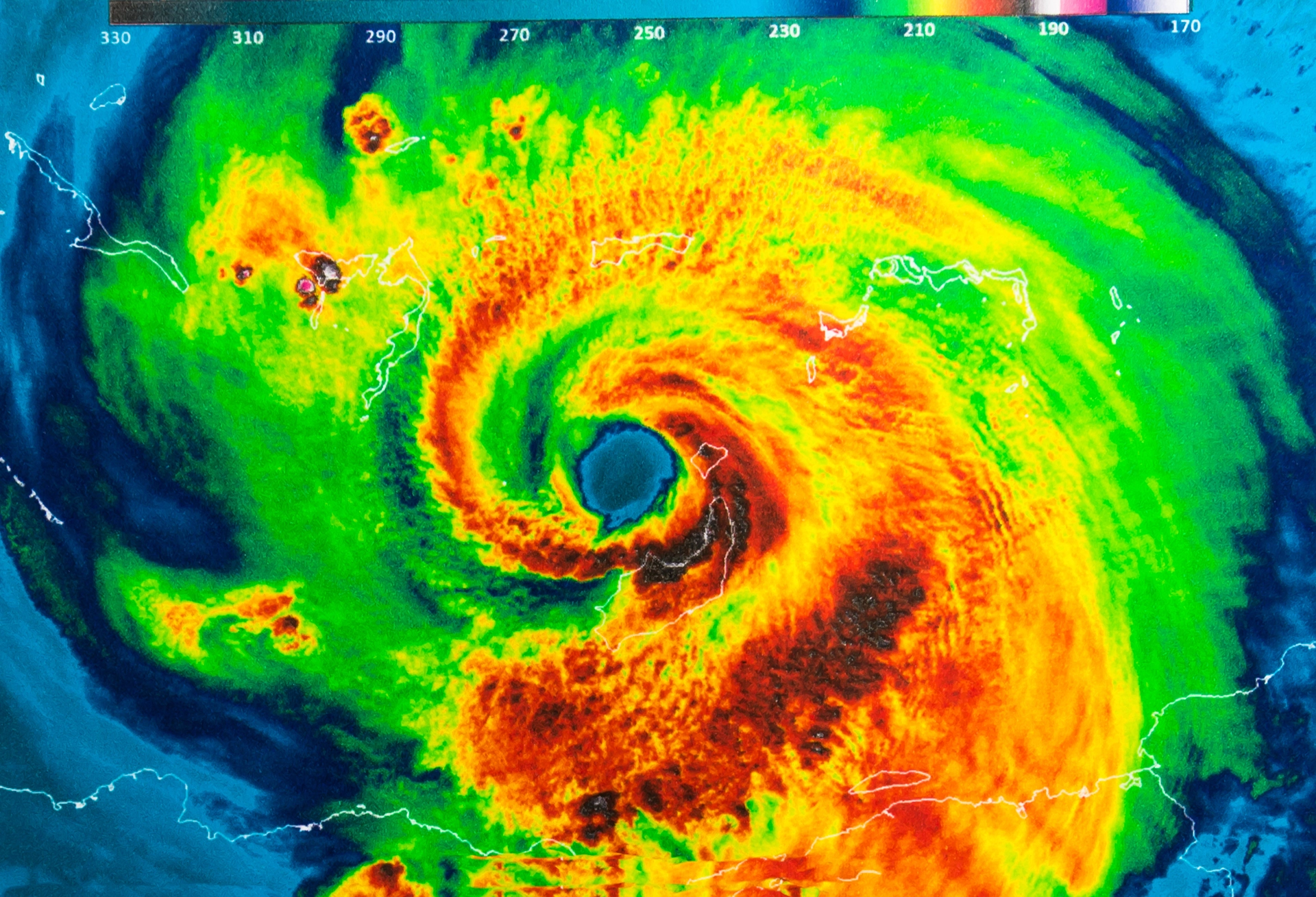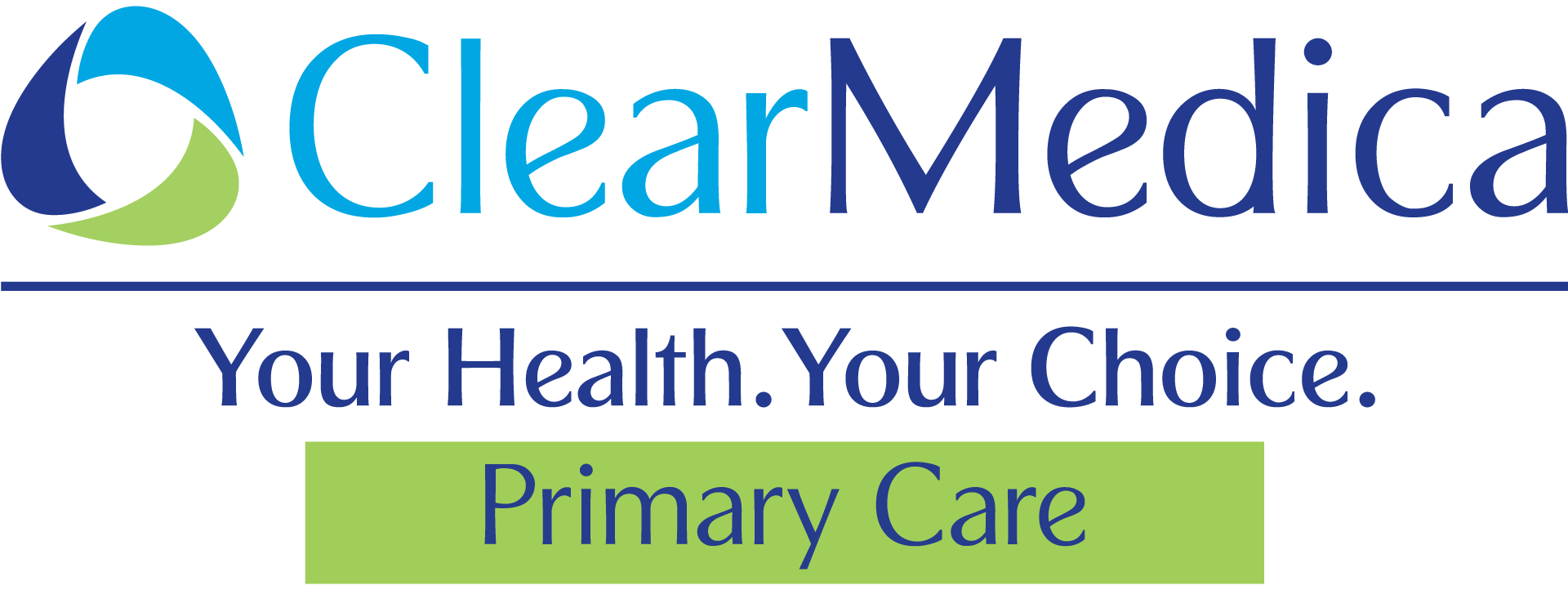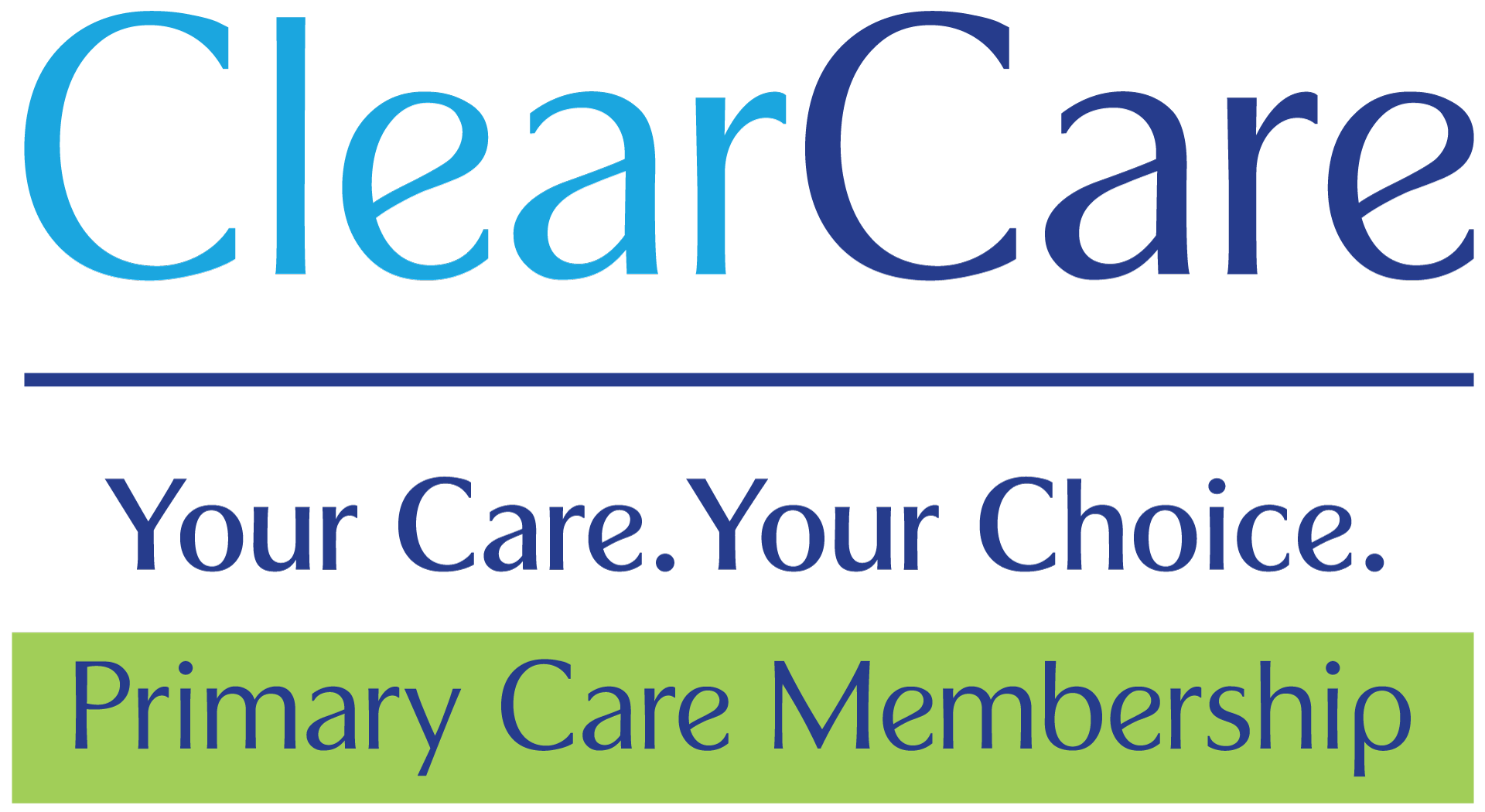
Medical Precautions for Major Storm and Hurricane Preparedness
When preparing for a hurricane, it’s crucial to focus not only on the physical safety of your home and belongings but also on the health and medical aspects of your well-being. Disasters like hurricanes can disrupt access to essential medical services, medications, and everyday necessities, making it imperative to plan ahead for your health and safety. Here are some medical precautions to consider when preparing for a hurricane:
First Aid Kit: Your Health’s First Line of Defense. When preparing for a hurricane, a well-stocked and comprehensive first aid kit is a non-negotiable item. It should include bandages, antiseptics, adhesive tape, scissors, tweezers, gloves, and other basic medical supplies. Include any prescription medications, EpiPens, and over-the-counter drugs your family might need. Also, check expiration dates and replenish supplies as needed.
Essential Medications: Ensure a Continuous Supply. If you or a family member rely on prescription medications, having a sufficient supply on hand is essential. Aim to keep at least a two-week stock of necessary medications in a waterproof container. In case of evacuation, you won’t have to worry about access to pharmacies or healthcare facilities.
Contact Information: Stay Connected to Medical Support. Compile a list of emergency contact numbers, including your healthcare provider, local hospitals, and poison control centers. If you require specialized medical care, make sure you also have contact information for relevant specialists. Store this list in your emergency kit and ensure each family member has a copy.
Special Medical Needs: Catering to Dietary Requirements. If you have specific dietary requirements due to allergies, medical conditions, or personal choices, ensure you have an adequate supply of suitable foods in your emergency kit. Non-perishable, easily digestible foods that meet your dietary needs can provide essential sustenance during the aftermath of a hurricane.
Medical Records: Document Your Health History. Compile essential medical records, including a list of medications, allergies, medical conditions, and recent test results. This information can be invaluable in case of evacuation or if you need medical assistance while away from home. Consider storing digital copies in a password-protected format on a secure cloud service.
Emergency Evacuation Plan: Health Considerations When developing your family’s evacuation plan, consider any medical needs. Ensure you have a plan for transporting medications, medical equipment, and medical records. If you require medical devices such as oxygen tanks or mobility aids, plan for their safe transportation as well.
Communication: Stay Informed. Stay informed about the hurricane’s progress and any updates from local authorities. Having a battery-powered or hand-crank emergency radio can help you receive critical information if power and internet services are disrupted.
Post-Hurricane Health Safety: Hazards and Clean-Up. After the hurricane has passed, it’s essential to be cautious during clean-up and recovery efforts. Wear protective clothing, gloves, and masks to avoid exposure to debris, mold, and other potential health hazards. Seek medical attention promptly for any injuries, infections, or illnesses that may arise.
Remember, proactive planning and preparation can make a significant difference in your health and safety during a hurricane. By considering these medical precautions and including them in your overall disaster preparedness strategy, you can help ensure the well-being of yourself and your loved ones during challenging times.


